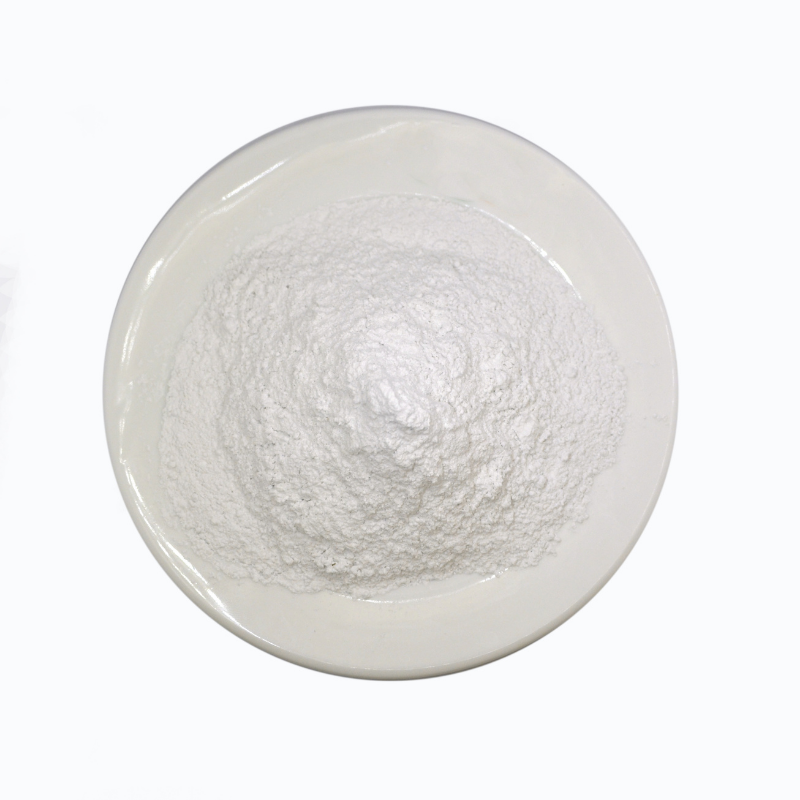
Production of Expanded Clay Pebbles for Sustainable Gardening Solutions
The Expanding Market of Expanded Clay Pebbles A Look at the Factory Operations
In recent years, the demand for expanded clay pebbles has surged, thanks to the growing emphasis on sustainable gardening practices and innovative construction materials. Expanded clay pebbles, also known as lightweight expanded clay aggregate (LECA), are produced through a process of heating natural clay to high temperatures, causing it to expand and form lightweight, porous balls. This article explores the operations of a typical expanded clay pebbles factory and its significance in various industries.
The Manufacturing Process
The manufacturing of expanded clay pebbles begins with the careful selection of quality clay. This raw material is typically sourced from local deposits to minimize transportation costs and environmental impact. Once the clay is harvested, it undergoes a series of processes, including crushing, grinding, and screening, to achieve the desired particle size. The consistency of the clay is crucial for producing high-quality pebbles.
The next step involves shaping the clay into small pellets. This is typically done using a pelletizer, which forms the clay into uniform balls. These pellets are then subjected to high temperatures in a rotary kiln or a vertical shaft furnace. The temperature in the kiln can reach up to 1,200 degrees Celsius, causing the clay to expand and form the lightweight, porous structure that characterizes expanded clay pebbles.
After the expansion process, the pebbles are cooled and sorted according to size. Quality control is integral during this phase, as manufacturers must ensure that the pebbles meet specific industry standards. The final product is then packaged and prepared for distribution.
expanded clay pebbles factory

Applications of Expanded Clay Pebbles
The versatility of expanded clay pebbles has made them a favored material across various industries. In horticulture, they serve as an excellent growing medium for hydroponics and aquaponics systems. Their lightweight nature and porous structure provide excellent aeration and drainage, which are crucial for healthy root development. As a result, many greenhouse operators and home gardeners have adopted expanded clay pebbles for cultivating a wide range of plants.
In the construction industry, expanded clay pebbles are increasingly being used as a lightweight aggregate in concrete production. They enhance the thermal insulation properties of concrete and reduce the overall weight of structures, making them ideal for applications in building projects where weight is a concern. Additionally, their insulating properties contribute to energy efficiency, aligning with the global push towards sustainable construction practices.
Moreover, expanded clay pebbles have found utility in landscaping and erosion control. They can be used as a decorative ground cover, a drainage layer in planters, or in green roofs, where their lightweight nature aids in reducing the overall load on the building. Their long-lasting properties ensure that they can withstand various environmental conditions, making them a reliable choice for both aesthetic and functional purposes.
Conclusion
The factory operations involved in the production of expanded clay pebbles reflect an industry that is not only growing but also evolving in response to new demands in gardening, construction, and landscaping. As sustainability becomes a cornerstone of manufacturing practices, the role of expanded clay pebbles is likely to expand further. Factories producing this lightweight aggregate are at the forefront of innovation, helping to meet the needs of an environmentally conscious market while simultaneously contributing to the creation of durable, sustainable products that enhance various applications. Such operations signify a crucial intersection of industry, innovation, and sustainability—a trend that is set to continue shaping the future of construction and horticulture alike.
Share
-
Vermiculite Wholesale – Premium Quality, Bulk Supply & Competitive PricingNewsJun.10,2025
-
Premium Glass Pebbles Custom Glass Pebbles Factory & OEM Manufacturer Reliable Custom Glass Pebbles FactoriesNewsJun.10,2025
-
Expert Custom Zeolite Producers Manufacturers & FactoriesNewsJun.10,2025
-
Custom Glow in the Dark Beads High-Quality Custom ManufacturersNewsJun.10,2025
-
China Ceramsite Balls Factory - Lightweight & Durable Media Solutions ManufacturerNewsJun.09,2025
-
Custom Matte Mica Powder Manufacturers High Quality & AffordableNewsJun.09,2025






